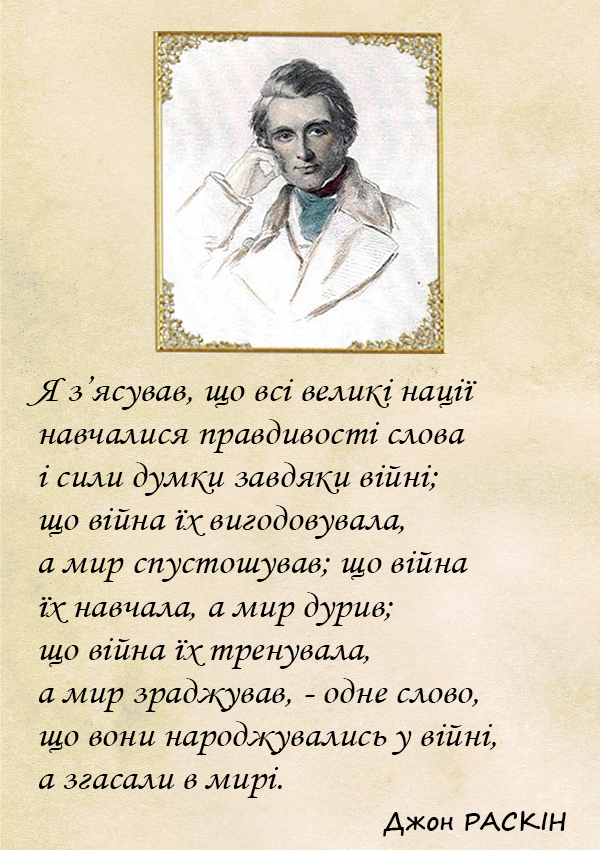
(opinion article)
In 2015, a neuroscientist, Ph.D. and writer Alex Korb wrote a bestselling book about how general knowledge of neurophysiology can help fight depression and anxiety.
“People often have moments when everything seems complicated and useless. Such sensations are just a by-product of the most complex interaction of the components of the general neural network of the body. For most, they pass very quickly, like a breath of wind. But each person’s neurophysiology is unique, so for some of us, depressive moments develop into long and difficult states,” Korb writes in ‘The Upward Spiral: Using Neuroscience to Reverse the Course of Depression, One Small Change at a Time.’
So, what to do to panic less during quarantine:
The occurrence of depression is influenced by numerous neural chains responsible for the operation of certain neurotransmitters — biologically active chemicals. Among them: serotonin, dopamine, oxytocin, endorphin, melatonin, etc. That is why, when you are overtaken by a bad mood, try to be in the sunlight more often. It activates the production of the neurotransmitter serotonin and also promotes the production of melatonin, which improves sleep quality.
- Maintain emotional balance
Alex Korb always recommends remembering “here” and “now.” The author gives very valuable advice. If you listen to him, you can help yourself in the fight against anxiety: “Always pay attention to what is happening to you and around you here and now, and do not bother with what does not happen. Focusing on reality helps to reduce the level of feelings and anxieties because it reduces the effect of emotions on the ventromedial prefrontal zone.
The brain does not like inaction. It is activated along with the body. Therefore, exercise is the first cure for depression. A. Korb writes: “If you think of your physical activity not as exercises, but as pleasure, it will seem more attractive and bring emotional benefits.”
- Give the brain a ‘vacation’
Bad sleep has a depressing effect on thinking, worsens mood, lowers the threshold of pain sensitivity, interferes with learning ability and impairs memory. It also reduces the ability to concentrate and makes a person more impulsive, increases blood pressure, increases stress and suppresses the immune system. And bad sleep leads to an increase in body weight. How to establish this important process, which gives our brain a “vacation”? You can start by improving overall sleep hygiene. Alex Korb advises the following: sleep eight hours a day; use your bed or bedroom only for sleeping, so that the brain associates this space only with relaxation, and not work and activity in the form of watching TV shows; avoid caffeine before bedtime; do not use alcohol as sleeping pills, because fast falling asleep caused by a glass of wine destroys the correct sleep architecture; eat right in the evening, do not eat much less than three hours before bedtime.
P.S. They say that the coronavirus will not last long…It was made in China…Surely, it is just a joke.


























































Залишити відповідь